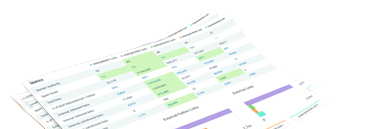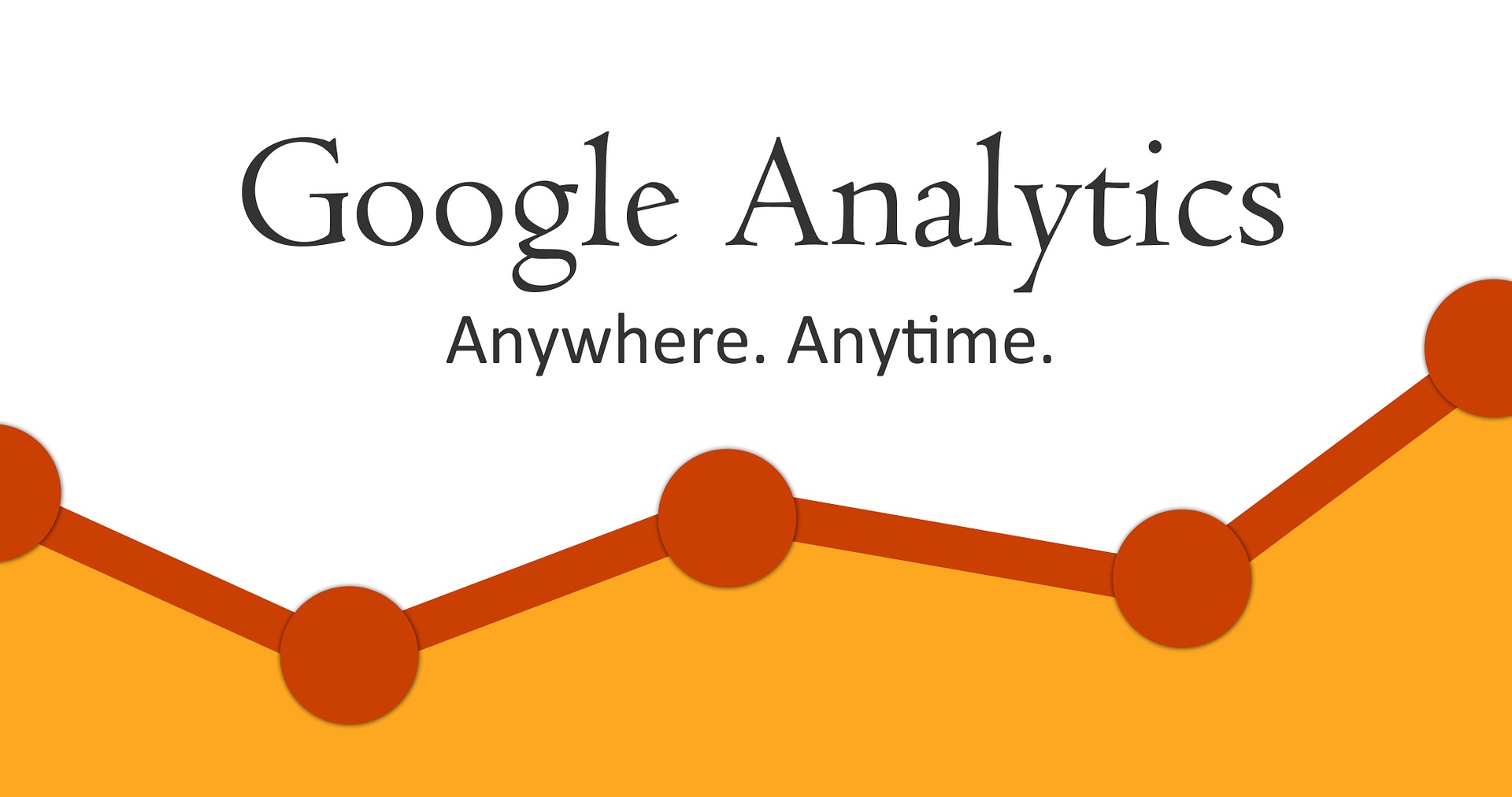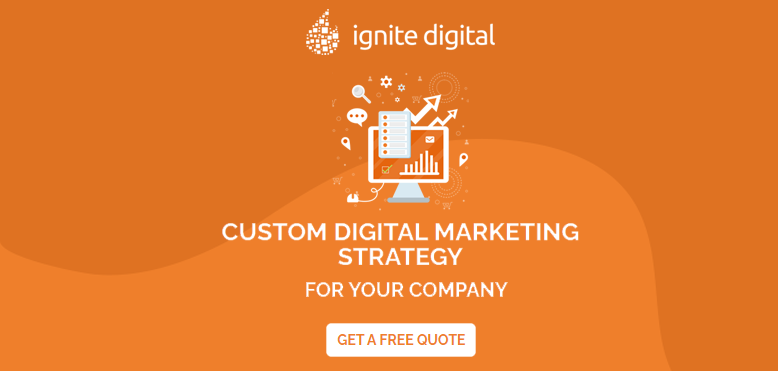On March 16, 2022, Google announced that in mid-2023, Google will retire Universal Analytics, which was the original version of Google Analytics before GA4.
The new platform will bring “a simplified interface, more powerful reporting, and increased privacy protection.” But what does that mean for businesses? And how can you make sure you’re ready for the change? Keep reading to find out.
No More Google Analytics
Universal Analytics was built to help track data from websites on desktop computers. This way of tracking information is becoming less common as people use different devices to access the internet. Meanwhile, Google Analytics 4 uses events to track user data, which means it can measure activity from other platforms and doesn’t rely solely on cookies.
Although Universal Analytics is a program that helps businesses understand how people use the internet. It does this by tracking data about people’s visits to websites. Google Analytics 4 is similar to Universal Analytics, but it is designed with privacy in mind. This means that businesses have more control over what data is collected and how it is used. Notably, Google Analytics 4 will no longer save IP addresses. These solutions and controls are critical in today’s data privacy environment, where users demand greater control over their information and increased data privacy safeguards.
Why The Big Change?
Because of Google’s inability to provide cross-platform insights, it has decided to abandon Universal Analytics.
GA4, on the other hand, may aggregate data from across web pages and apps.
How Will Google Analytics 4 Help Your Business?
Google Analytics 4 is designed with your key objectives in mind — like driving sales or app installs, generating leads, or connecting online and offline customer engagement.
Here are some of the ways Google Analytics 4 will support your business:
- Understand what your customers want across all touchpoints: Measure your customer’s lifecycle with a model that takes into account events rather than just platforms or sessions. This will give you a complete view of what’s happening.
- Better ROI Using Data-Driven attribution: Assigns attribution credit to more than simply the most recent click, allowing you to see how various marketing activities work together to impact conversions.
- It’s simple to activate your insights: Google Analytics 4 allows you to measure how your site is performing in terms of user interaction, conversions, and more through the use of recently expanded integrations with other Google products like Google Ads.
- Designed for Enterprise: You may modify the structure of Google Analytics 4 properties to fulfill data governance requirements by adding and removing sub-premium and roll-up properties in Analytics.
- Measure how people interact with your website and how they respond to it while keeping in mind the need to obey laws and regulations: You can use the new country-level privacy settings to manage and minimize user-level data collection, such as cookies and metadata while still allowing essential measurement capabilities.
Add These Dates To Your Calendar!
July 1, 2023: Universal Analytics will cease to accept new data.
October 2023: Properties that use Universal Analytics 360 will have an extra three months of data analysis, which will end on October 1, 2023.
The new resource for monitoring your website activity after the dates provided above will be Google Analytics 4.




